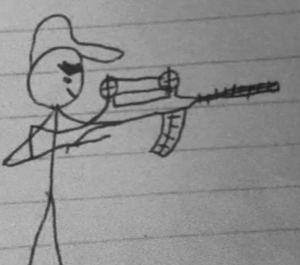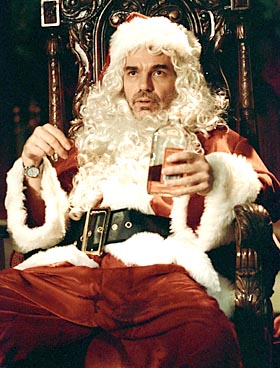I am so, so far behind, both here on Ethics Alarms, and elsewhere, like prepping for some upcoming seminars, writing new programs, and trying to get the business and home budgets to work. Last week involved the car dying, getting a new one, enduring a six hour, 17 inning loss by the Red Sox, some lingering new computer glitches, and a major video shoot for which I had to write and refine the script, acquire the props and costumes, and rehearse the actors, then assist the team of seven who handled the shoot itself, all while being sick, and progressively exhausted. (This project would not have all happened without the brilliant and tireless work of my business partner and love of my life, Grace.)
Ethics Alarms was lower on the priority list this week than I would have liked it to have been. I’m sorry.
1. “The Rifleman” Ethics: As I have mentioned here before, “The Rifleman,” the 30 minute TV Western drama, starring Chuck Connors as Lucas McCain that ran from 1959-1962, was all about ethics, with almost every episode teaching an ethics lesson to the Rifleman’s son Mark, played by the charming juvenile actor Johnny Crawford. I just watched an episode from the show’s final season that I hadn’t seen before. Guest-starring Mark Goddard (best known as the hot-headed young co-pilot in the original “Lost in Space” on ABC), the story involved a charismatic young huckster whom Mark admires but his father distrusts. This causes rare friction between father and son. Eventually, Lucas is proven right: the young man is a liar and a crook who was taking advantage of Mark’s guilelessness.
Mark shamefully but manfully tells his father, “I apologize for being wrong.”
NO! One shouldn’t apologize for being wrong. One has an obligation to apologize for doing wrong, which includes making a bad decision because of laziness, carelessness, poor reasoning, inadequate analysis, or through some other failing. There is no shame or blame in being wrong in the kind of situation laid out in the episode, however.
Until the final moments, the audience couldn’t tell whether this would be one of the episodes where Chuck screws up, with the lesson to Mark being, “Jumping to conclusions and judging strangers harshly before you know anything about them is unfair, Mark. You were right. I’m proud of you.”
In fact, after Mark apologized, I expected his father to come back with exactly what I just wrote. This was moral luck: Mark had nothing to apologize for.
Boy, I’m never going to catch up if I let issues jump in line like that… Continue reading




